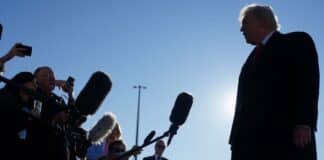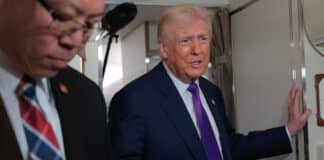Chinese President Xi Jinping met with European Council President Antonio Costa and European Commission President Ursula von der Leyen in Beijing on Thursday, strongly urging the European Union to avoid diversifying supply chains away from China. In remarks carried by the state-controlled Xinhua agency, Xi insisted Europe should not “build walls or barriers” to shield itself from Chinese dominance, warning that decoupling would only lead to “self-isolation.”
Xi emphasized that economic interdependencies are mutually beneficial, dismissing the notion of decoupling as a “threat.” He praised China’s openness, industrial strength, and vast domestic market. Despite recent headlines around alleged forced labor and government crackdown on corporate leaders, Xi maintained that the EU should avoid restrictive trade policies and create a favorable climate for Chinese businesses.
Reuters described the atmosphere of the meeting as “tense,” noting that China had sought to limit the EU delegation’s visit to a single day after extended negotiations over agenda and protocol. The discussions also touched on broader geopolitical issues. When asked about China’s relationship with Russia, spokesman Guo Jiakun dismissed any third-party concerns, stating it was not aimed against other nations.
Xi highlighted milestones in China-EU history—marking 50 years of diplomatic ties and the 80th anniversary of the UN—urging continued cooperation, open communication, and mutual trust. He particularly focused on expanding “green and digital partnership.”
China became the EU’s largest trading partner in 2020, surpassing the United States. Although economic ties strengthened under pro-China leaders like Spain’s Pedro Sánchez and Hungary’s Viktor Orbán, the EU’s stance has shifted amid Russia sanctions and scrutiny over Beijing’s Belt and Road Initiative. EU officials, including Ursula von der Leyen, have countered Xi’s message, signaling that Europe remains intent on diversifying supply chains and finalizing trade agreements with the U.S.





